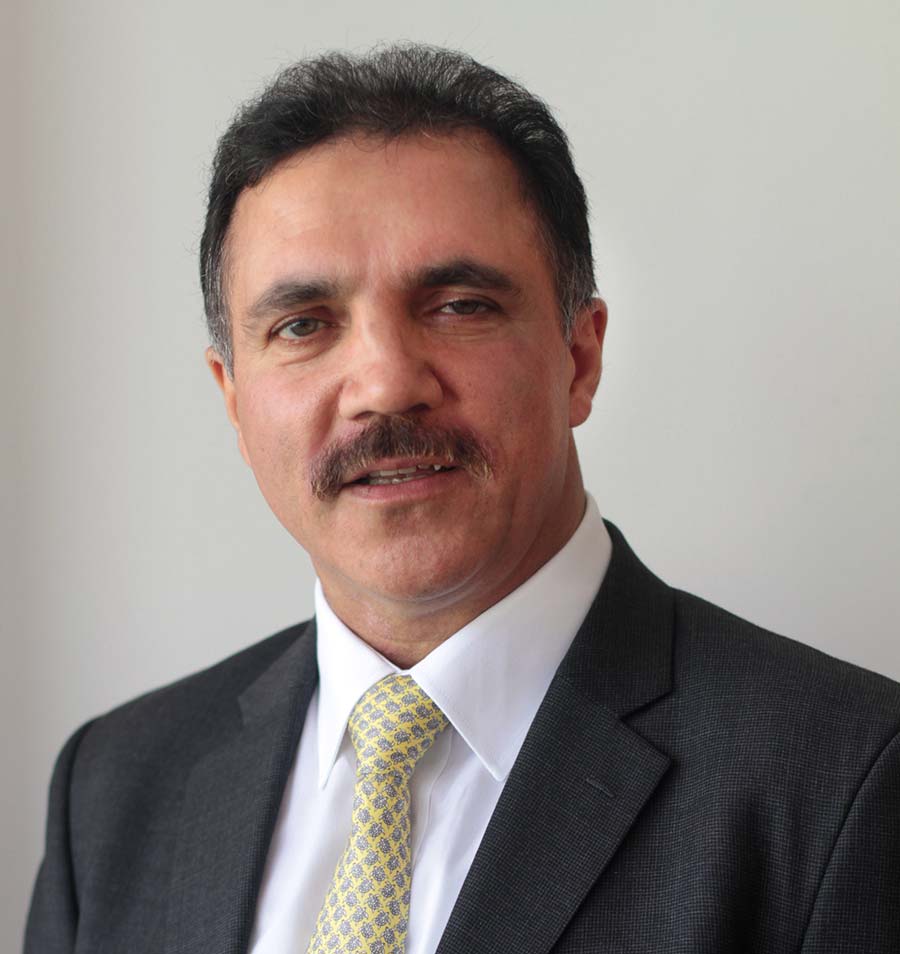Post-1975, National Conference remained genuinely concerned over New Delhi’s failure in recognizing the contributions that its founder Sheikh Mohammad Abdullah made. The takeover of the syllabus by the NCERT in the following years of Sheikh’s demise added to the concern with most of the local leaders missing from the textbooks. During that frustration, India’s department of posts issued a million commemorative sixty paisa stamps on December 5, 1988.

Now, the urge to make its founder’s contribution immortal, a party lawmaker moved a resolution in the house of elders last week. But in the NC dominated house interestingly being presided over by the recently elected Deputy Chairman Mohammad Yousuf Taing, who authored Sheikh’s biography Aatish-e-Chinar, Congress ensured the resolution was withdrawn. Chief Minister Omar Abdullah himself leads the education ministry that was supposed to respond to the issue, but in his absence, R S Chib represented the government. The resolution was moved by Dr Bashir Ahmad Veeri. “This august house resolves that keeping in view the contribution of Sher-e-Kashmir Sheikh Mohammad Abdullah in bringing revolutionary socio-economic reforms in the state, he shall be declared a national hero and his vision and philosophy of Hindu, Muslim, Sikh unity be incorporated in the syllabus and textbooks of J&K State Board of School Education,” it read.
Seven NC members made impressive speeches talking in detail about Sheikh’s vision, his 22 years of powerlessness, Kashmir conspiracy case, his struggle against the monarchy and the revolutionary land to tiller programme. While Ajay Sadhotra suggested Sheikh be conferred Bharat Ratna, Taing proposed that his statue be kept in the Indian parliament. “It will add to the honour of the parliament,” Khalid Najib Suharwardy said. Sheikh took over as the emergency administrator of the state after 1947 and became the Prime Minister of the state. Nehru dethroned and jailed him in 1953. Sheikh resumed power as chief minister in 1975 after an accord with Congress. He died on September 8, 1982. But R S Chib, who represented the government, insisted Dr Veeri to withdraw the resolution as declaring a person a national hero is the prerogative of the government. The Congress minister said he would take the matter up with state’s General Administration Department for guidance.
Finally, Veeri withdrew the resolution despite efforts by Omar Abdullah’s close aide and minister Nasir Aslam Wani, who was seen requesting Congress lawmakers not to oppose it. The failure of the resolution means the party will have to wait for declaring its founder, one of the tallest Kashmiri leaders, as a national hero.















